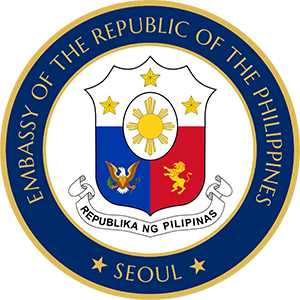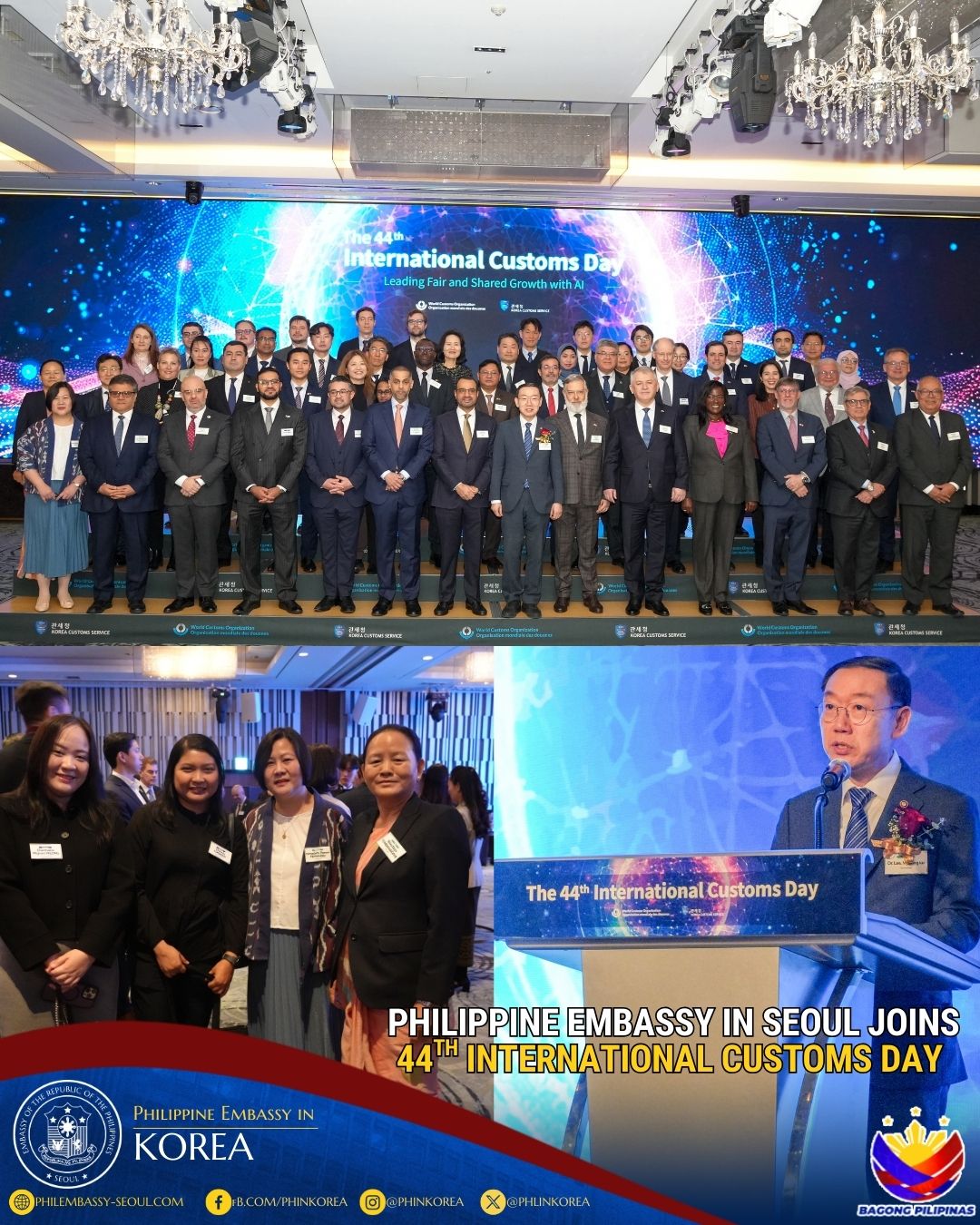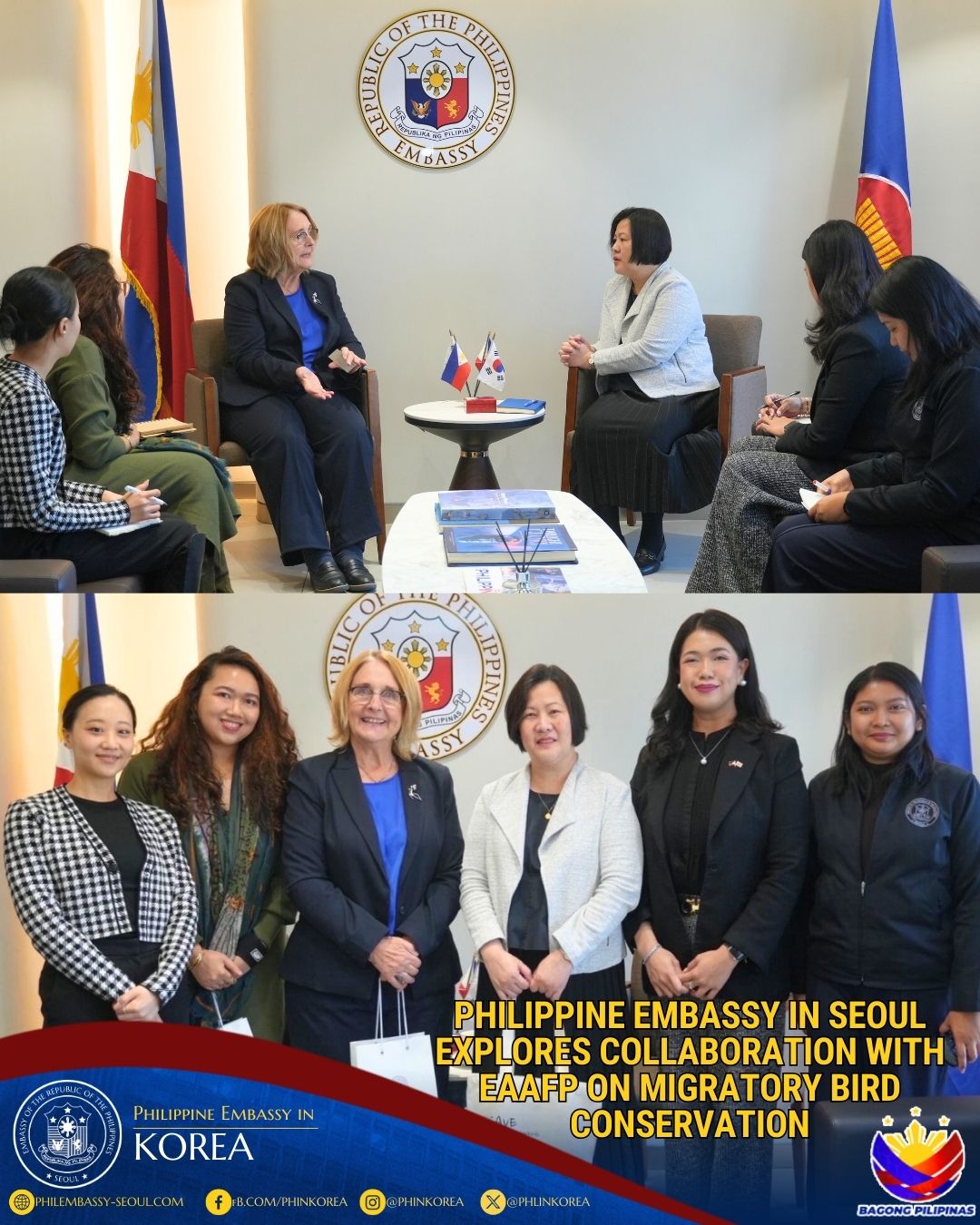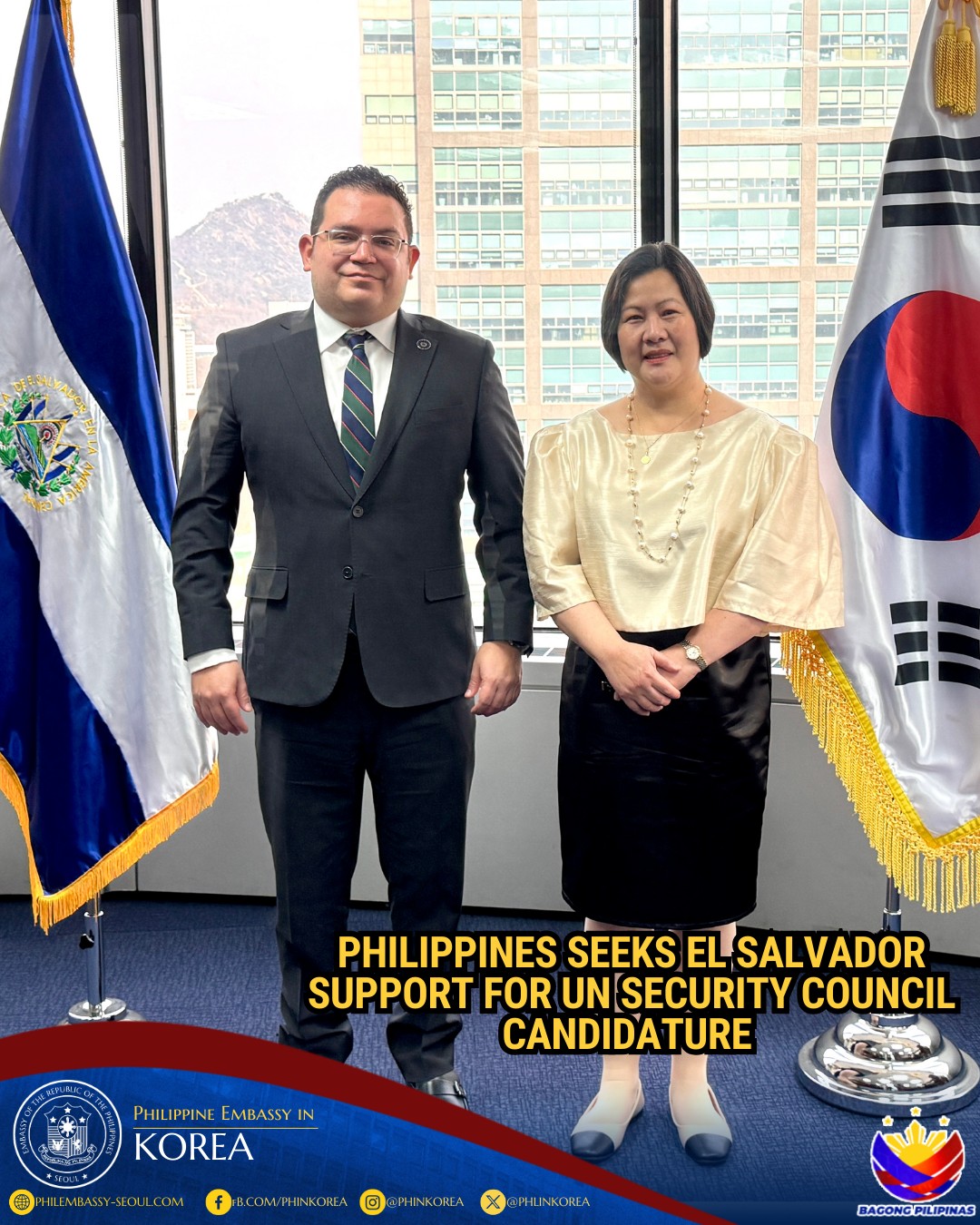Remarks by Philippine Ambassador LUIS T. CRUZ during the Seminar on Multicultural Society and Social Cohesion sponsored by Dong-a Ilbo, 1 June 2012, Korea Press Center
The Korean government started implementing multicultural policies in April 2006 when the government announced the Social Integration Support Measures for Marriage Migrant Families. In 2007, the Basic Act for Treatment of Foreigner Residents was passed, followed by the Multicultural Family Support Act in 2007.
Several types of support are given to multicultural families, such as social adaptation and vocational training; family counseling, marriage education, parenting education, and family life education; translation, legal counseling, and administrative support services; childcare support; language services; and support centers, among others. I find that the policies cover a very wide range and are implemented in all levels, from the national government to the local government, with support from NGOs, religious groups and civic organizations. Flexibility is also inherent in the law. Recent amendments expand the term of “multicultural family†to include families by nationalized Koreans. The fact that multicultural policies are revised regularly shows how responsive the Korean government is. On areas for improvement, a question that South Korea must confront is whether it plans to have an assimilative or an acculturative immigration policy. Foreigners can either become assimilated into Korean culture, or they can play a greater role in further opening the cultural mindsets of a country that proclaims homogeneity like South Korea. I have noticed a tendency towards assimilation in many multicultural programs. Many are about how the foreign spouse can learn and be accustomed to Korean culture. I happen to believe that the relationship has to be two-way: the foreign spouse should learn Korean culture, but the Korean spouse and the Korean in-laws should also be receptive to the foreign spouse’s culture. This ensures that the benefits of a multicultural family – a family that is naturally predisposed to the wealth of cultures of the two nationalities involved – are fully harnessed. More often than not, I meet families where the child is allowed to only learn Korean and not the native language of the foreign mother. It is sad to know that the child is deprived of an ability to become multilingual at an early age and to have a mindset that is naturally global in outlook. This interaction – an “exchange†in its truest sense – will also mean that the foreign spouse is never alienated. No matter how much people learn another culture, they cannot fully suppress their own. A healthy relationship is one that allows both spouses to grow and mature in their own terms and styles, and this need is more pronounced in the case of interracial couples. This question not only has practical implications but legal ones as well. For example, the dual citizenship law of South Korea stipulates that those married in the latter half of 2010 are eligible to gain dual citizenship – but not those married before. The law is not retroactive, which then leads me to thinking: why cannot those who became Korean citizens in 2009 be given the same rights and privileges that those married in 2011 possess? What’s the difference between a previously naturalized Korean and a recently naturalized Korean? Why cannot the law be more comprehensive? It is my hope that South Korean immigration policy will allow dual citizenship even for those who were naturalized before the cut-off date of July 2010 prescribed by the dual citizenship law. Having said that, there are still many areas that our governments can cooperate to assist multicultural families. For instance: Marriage by convenience should be seriously addressed by our two governments. As pointed out by research studies, successful international marriages come from spouses who go through a courtship period, or a period of getting to know each other, including one’s family, culture and environment. Others, however, have different expectations, and engage the services of marriage brokers to achieve their personal motives which they believe could be solved by international marriage. Unfortunately, the union starts to fall apart because of misunderstanding, communication gap, false expectations, and the like. This is the reason why the Philippine government enacted a law that bans the operation of marriage brokers. I hope that our two governments could seriously address this situation. Because of the widespread age gap among interracial couples, the Korean husband will retire much earlier than the foreign spouse, thus leaving the economic maintenance of the family to her. It is therefore imperative that she should also be given training on the rudiments of business management or be assisted in upgrading her skills. Those who are separated or divorced need a more comprehensive support system from the Korean Government, especially if they are victims of domestic violence. They should be given free legal services. Counseling services offered by multicultural centers often focus on the reconciliation by the husband and wife; room must be given for marriages that are truly problematic. Many shelters for women have able staff. Unfortunately, not everyone can speak English. Language barriers must be addressed if these shelters are to be truly effective. In addition, the Ministry of Gender Equality and Family should consider putting up additional shelters to accommodate the growing number of marriage migrants in need of help. Children from multicultural families tend to be economically vulnerable. They are also prone to teases and taunts, to discrimination and alienation. This affects their learning curve, as they tend to be weighed down by the stresses that come from simply being different. The Ministry of Education, Science and Technology is doing an excellent job of helping these students, and I hope that other agencies can follow suit. Let me take this opportunity to reiterate some of the recommendations of the International Forum on Multicultural Policies in the Global Era, held in Daegu on 28 October 2011. These are recommendations that came from the migrants themselves and are therefore worth noting: Increase in the number of multicultural centers and emergency support centers with foreign counselors and staff; Working opportunities for foreign spouses, including the grant of lower interest loans; Marriage counseling also for the Korean nationals; Multicultural education that is more geared towards second-generation multicultural children. Some schools organize separate classes to accommodate them, but the psychological effect is that they feel more excluded from the other students, and alienated from Korean society. A program on Korean as a Second Language (KSL) may be effective; Children be allowed to communicate to their mothers in the mothers’ native language; and Medical insurance for young marriage migrants, especially when the Korean husband cannot afford the cost of insurance. I hope that my comments have somehow helped shed light on the issues that we face. We are, I am sure, only scratching the surface of this challenging but interesting subject made more relevant by today’s freer borders. Thank you very much.


 January 29, 2026
January 29, 2026
 January 28, 2026
January 28, 2026
 January 28, 2026
January 28, 2026
